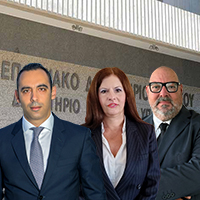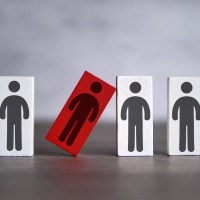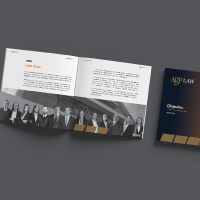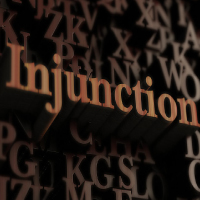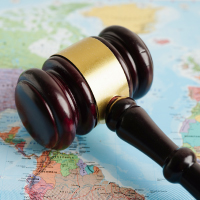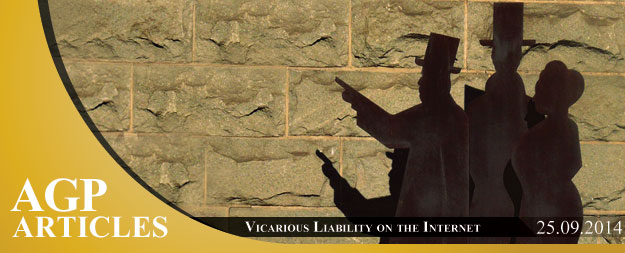
The Internet: Indirect Liability
Vicarious liability is a legal doctrine that goes back a long way, it is the doctrine that places responsibility on parents for their children’s actions, employers for their employees actions and so forth regardless of whether or not the defendant has actually done anything wrong, or even knew that anything was being done wrongly. The idea is that the defendant has the duty and ability to control the wrongdoer.
With the Internet and access to various networks worldwide, comes a mountain of opportunity to do wrong. Examples of wrongs covered by vicarious liability are: copyright and trademark infringement, harassment, discrimination, and so on.
So can, for example, an Internet Service Provider (ISP), site owners, or managers, truly be liable for the actions of their users? Those injured though the Internet have the ability to sue (on doctrine of vicarious liability), the source of the problem, i.e. the host or ISP. But that is assuming that the source has control over the acts of the original wrongdoer. Vicarious liability is the most important doctrine of the Internet, but as technology is improving, and automated processes and being used in communications, can a human truly control the online content?
There has been a lot of case law and debate on this matter and as there are more developments in technology, we see the outcomes of cases changing. Web site operators, hosts, universities, and managers that operate Web sites, and others, may all be subject to indirect liability. Legislation such as the Digital Millennium Copyright Act seeks to modify some aspects of indirect liability.
Modification is required in order to reasonably ‘fit with the times’. An ISP for example was previously see as something similar to a Newspaper, in the sense that it can monitor its content before publishing, but with todays technological advances, this this not the case for all situations. Therefore the old fashioned doctrines of indirect liability do not, and cannot work, in the Internet world.
So what happens when you have a person who, for example, directly initiated copying of infringed work. Here, they would be directly liable and therefore be the orchestrator or director of the infringement. In this case this would be someone that has subscribed to the site. But would the ISP be indirectly responsible for the actions of its subscriber? In previous case law, it was held that the subscriber was directly liable but that in finding the ISP indirectly liable, you open the box into many separate actions, and unreasonable liability towards every single subscriber and use that are linked together worldwide that are passing on the subscribers message to every other computer on the web. A court will usually reserve direct copyright liability for an ISP to the situations where their conduct amounted to active participation in displaying protected work.
So if they are not directly liable? Is it contributory liability? Contributory liability is where the defendant “with knowledge of the infringing activity [of the primary infringer], induces, causes or materially contributes to the infringing conduct of another”.
So you need there to be knowledge and contribution in order to be liable. The defendant must have know that there was an underlying wrongful act making it the differing factor between vicarious liability and contributory liability. When an ISP publishes protected material, very often they are informed of this fact by the owner of the protective material by way of legal letter. From the moment that the ISP is informed that there is an infringement, it must investigate it and remove it. If it does not remove it, it is seen to be contributing towards this infringement and risks being liable under contributory liability.
We took a look at Direct Liability and Contributory Liability, so lets now see if the ISP would like liable under Vicarious Liability. What is important to note is what the relationship is between the defendant and the infringer and does the defendant (a) have the ability to control the act, and (b) receives a direct financial benefit from the infringement. As mentioned at the beginning of this article, there is no need to be directly contributing, nor have knowledge in order to be liable under this doctrine. Even if the ISP has warned its subscribers not to infringe copyrights, they may still be liable if the points (a) and (b) above are satisfied.
This doctrine, though not set in stone when it comes to the internet, does put a burden on ISP’s and other providers to police their sites and servers as much as possible. Most of even the largest websites and web companies have a large amount of staff monitoring everything they possibly can in order to avoid such an infringement…but then does this reduce their risk of vicarious liability but increase their risk of being liable under contributory liability (as there is knowledge involved with people searching content)?
It may seem as though whatever the ISP does, it will be liable one way or another, but the Digital Millennium Copyright Act 1998 and the Electronic Commerce Directive 2000 of the EU provide some relief against liability of ISP’s for third party infringements unless they have failed to remove protected material after being warned. They are also exempt if the ISP did not “(1) place the material online, (2) select or alter its content, (3) determine its recipients, (4) benefit financially from the infringement, (5) endorse or advertise the material, and (6) know that the material was infringing”.
The same protection is not necessarily the same for employers managing sites, universities, and other companies who are expected to be more responsible for controlling.
Even though the courts seem to have given some relief against vicarious liability with regards to the internet, it is still very old fashioned and does not seem very applicable to today’s technological advances in automation.






